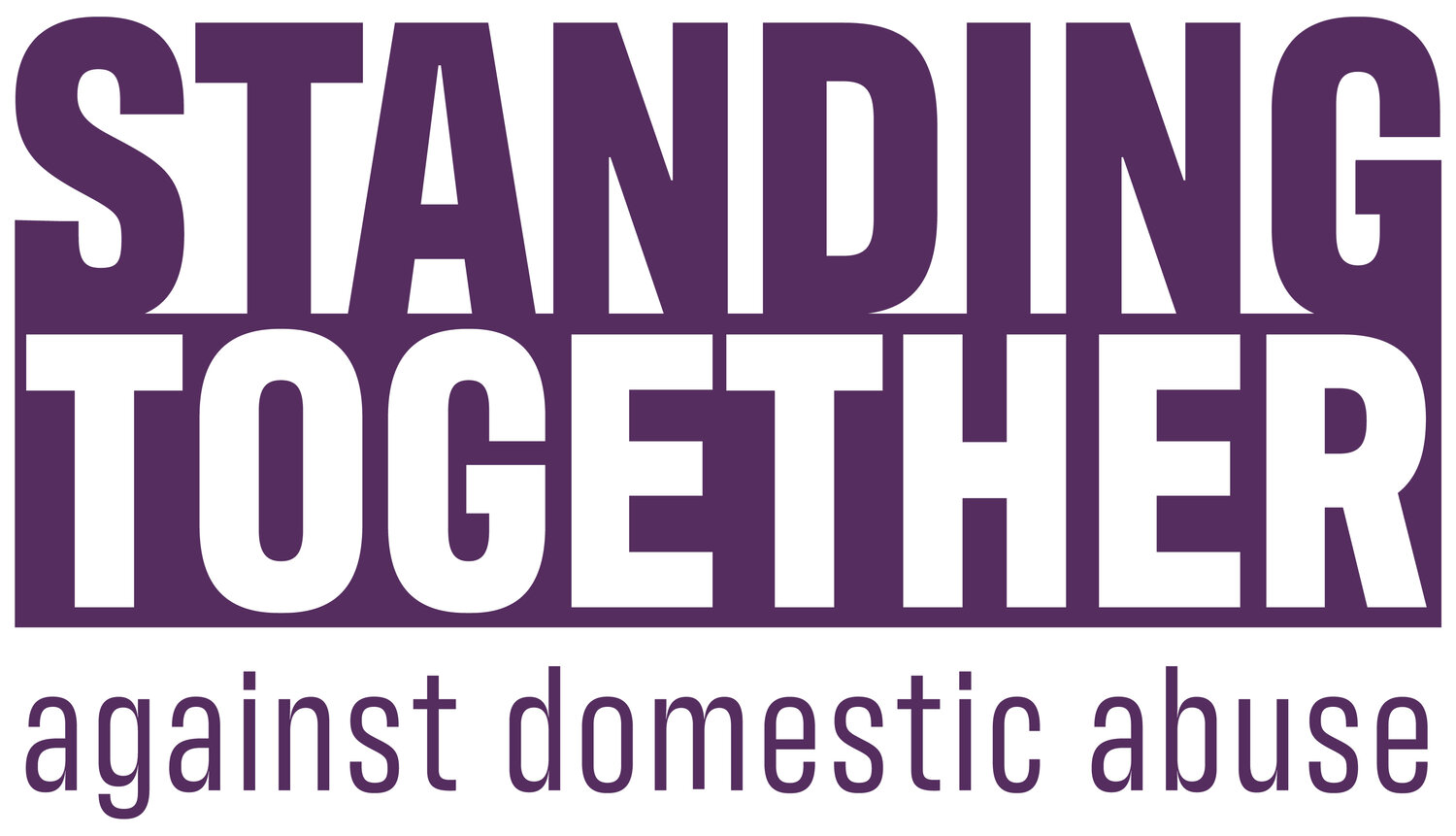Suicide is a Domestic Abuse Issue—We Need Urgent Action
The latest findings from the Domestic Homicide Project are devastating. Put simply, they are also unacceptable. In the past year alone, 262 people lost their lives due to domestic abuse in England and Wales, with 98 of these cases being suspected suicides following domestic abuse – and there is a concern that this figure may be higher.
For the second consecutive year, suicides linked to domestic abuse have outnumbered intimate partner homicides, revealing a deeply entrenched and often overlooked reality: domestic abuse is not just about physical violence—it is about control, coercion, and psychological terror that leave victims feeling their only escape is death.
Cherryl Henry-Leach, CEO of Standing Together Against Domestic Abuse, states:
"Our thoughts are with the families left behind. Domestic abuse does not just steal safety—it steals hope. Too many victims are dying by suicide because they see no escape. Too often, their suffering is missed, ignored, or dismissed. We need urgent action. This means treating suicides linked to domestic abuse as preventable deaths, not private tragedies. It means embedding a coordinated response across suicide prevention strategies, and that agencies are ensuring that when victims reach out for help, every door is open—not closed."
🔹Multi-Agency Collaboration Must Be Non-Negotiable
The report confirms that 68% of victims and/or perpetrators were already known to an agency, yet opportunities to intervene were missed.
Domestic abuse is not just a policing issue—it is a public health issue, a housing issue, a mental health issue. We need a Coordinated Community Response (CCR) where social services, housing providers, healthcare professionals, and specialist DA agencies work together seamlessly.
🔹 Recognising Suicide as a Domestic Abuse Outcome
Police must treat suspected suicides linked to coercive control as potential domestic homicides and investigate accordingly.
Healthcare providers should routinely inquire about domestic abuse when patients present with mental health concerns.
🔹 Prevention & Education: The Next Generation Must Not Suffer the Same Fate
Relationship and sex education (RSE) must include coercive control and psychological abuse so young people can recognise the warning signs.
Frontline professionals need better training to understand the link between domestic abuse and suicide, so no red flag is ever missed.
At Standing Together, we refuse to accept domestic abuse related deaths as inevitable. We will:
- Advocate for stronger policies that ensure suicide prevention is embedded into domestic abuse strategies.
- Continue training professionals across housing, health, and the justice system to identify, respond to, and prevent coercive control before it escalates.
- Amplify survivor voices to drive systemic change, ensuring no victim is left to suffer in silence.
